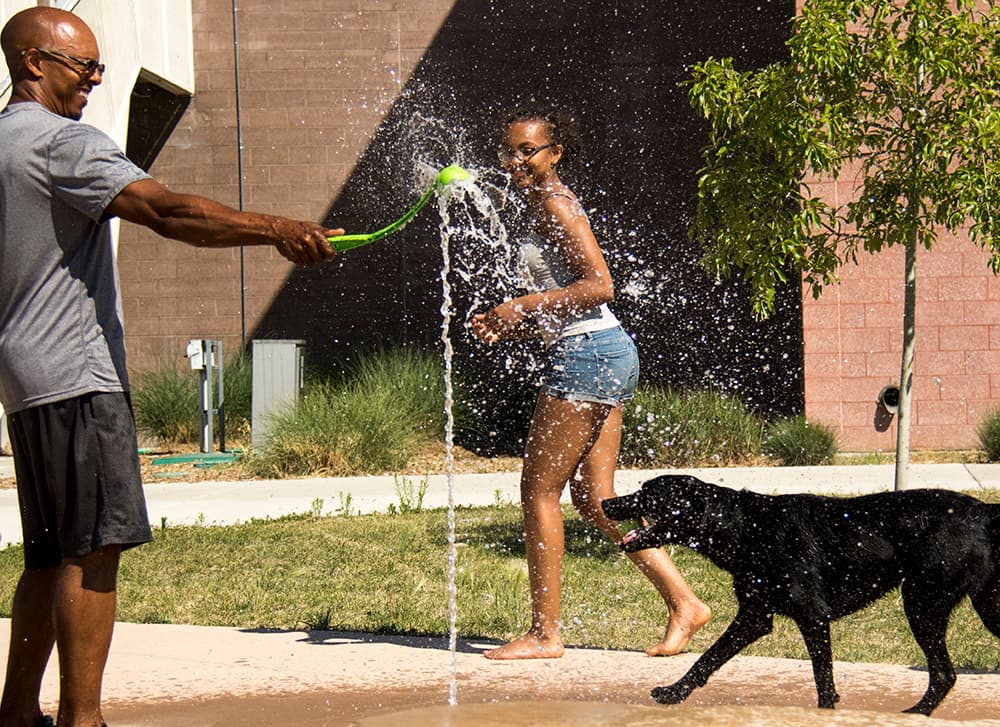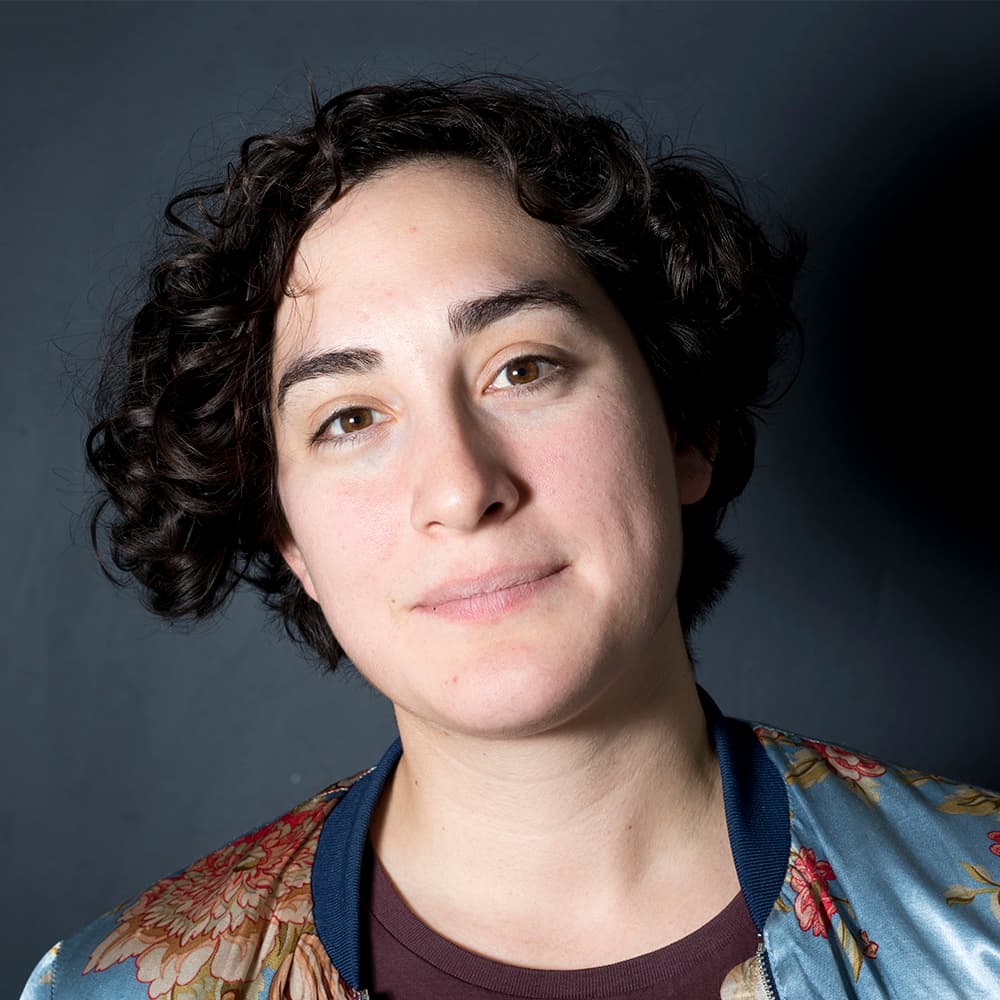
Owning versus renting -- it's a match-up that many Denverites have an opinion about. Whether it's the classic "renters don't invest in the neighborhoods where they live" or "NIMBY owners don't want us to have nice things," there's plenty to parse.
As always, Denverite strives to give you numbers for the city's fraught and complicated issues, and today, it's the figures for renting and owning in Montbello -- plus a few other figures that the city believes may be precursors to gentrification.
First, renting versus owning: This is a figure that people pay attention to in part because renters are more quickly displaced than owners in many cases, particularly if rents rise rapidly.
In fact, Denver's gentrification study said that if the share of renters in a census tract is higher than the city average, that can make it vulnerable to gentrification. The most recent and comparable number, from the 2011-2015 American Community Survey, says that 50.6 percent of Denver residents rent their homes.
Roughly 38.8 percent of people rented their home in Montbello, according to the 2011-2015 American Community Survey. So on the whole, Montbello had fewer renters than the rest of the city. However, one part of the neighborhood, census tract 83.06, had a higher than average share with almost 56 percent of people renting.
But a high share of renters wasn't the only thing that the city felt could leave an area vulnerable to gentrification. Education or median income were both seen to be potential factors as well. With those other metrics included in the calculations, the city found that four of Montbello's six census tracts were vulnerable (This determination was based on 2013 demographic data.)
In the case of educational attainment in Montbello from 2011 to 2015, the margins of error on the data were too large for me to fairly draw any sort of conclusion. (These are small geographies to begin with, so when you're drilling down into a Montbello tract estimated to have 2,054 people and then looking at the share believed to have fourth grade education -- 18 people -- the margin of error, 25 people, means that fourth grade number isn't a good representation of anything really.)
It is possible to talk about median income in Montbello, however. The neighborhood's average median income during that same timespan was $44,083. That is lower than Denver's median income of $53,637.
Methodology: Neighborhood figures were determined by aggregating the census tracts inside Montbello. This follows Denver's example in the older neighborhood ACS data available at data.denvergov.org.











